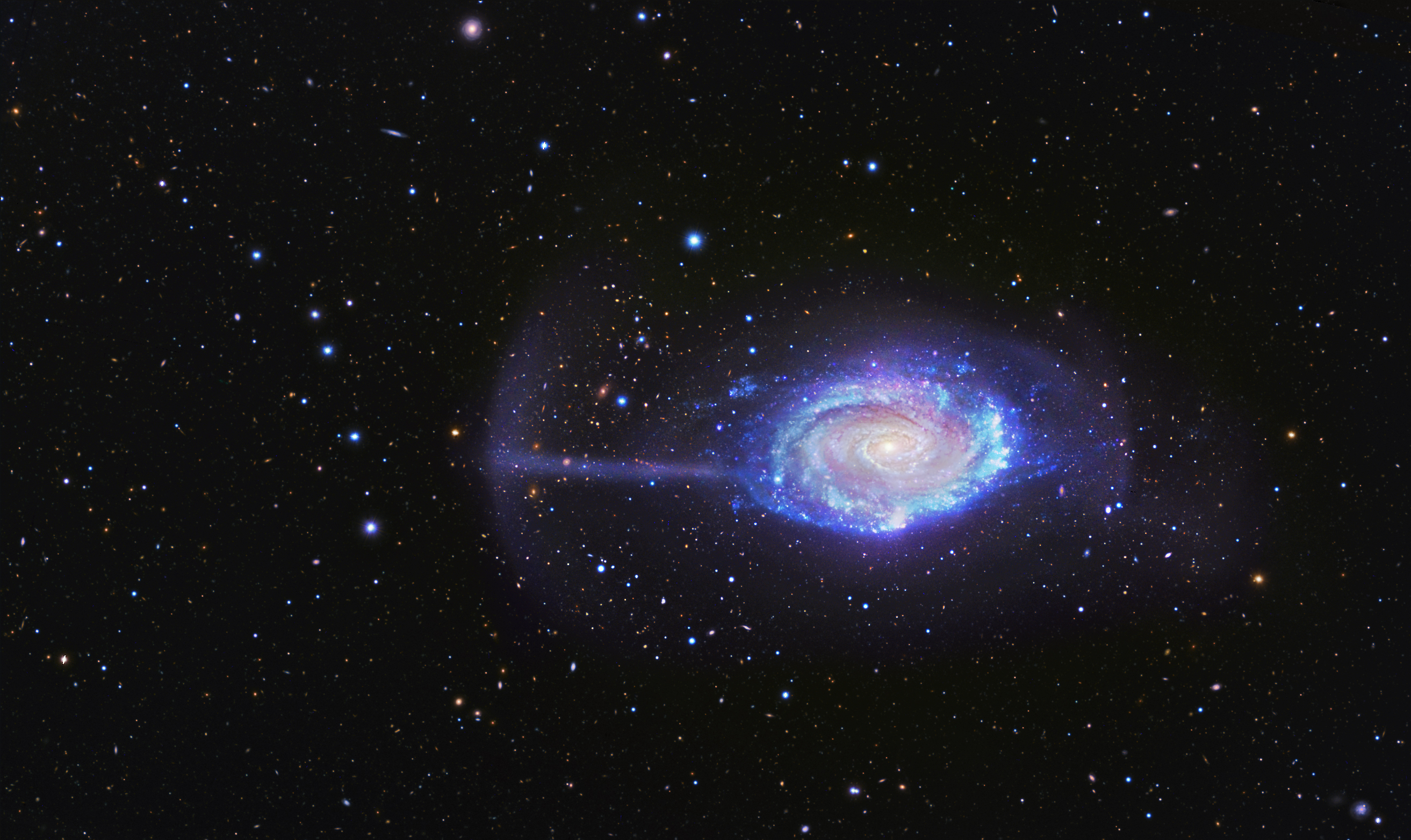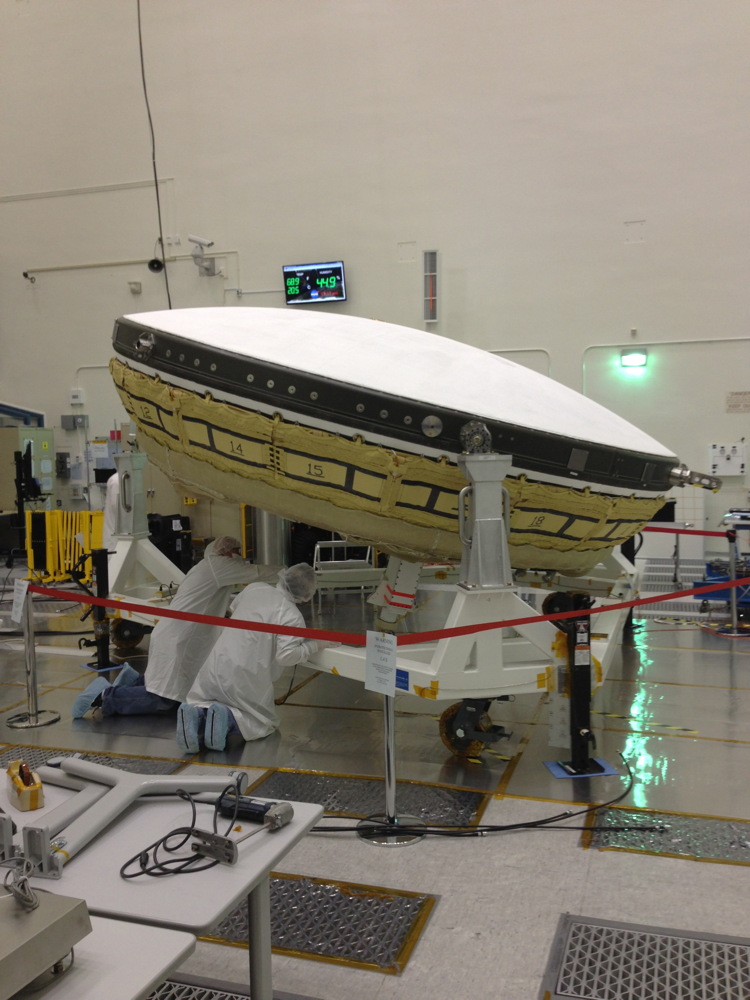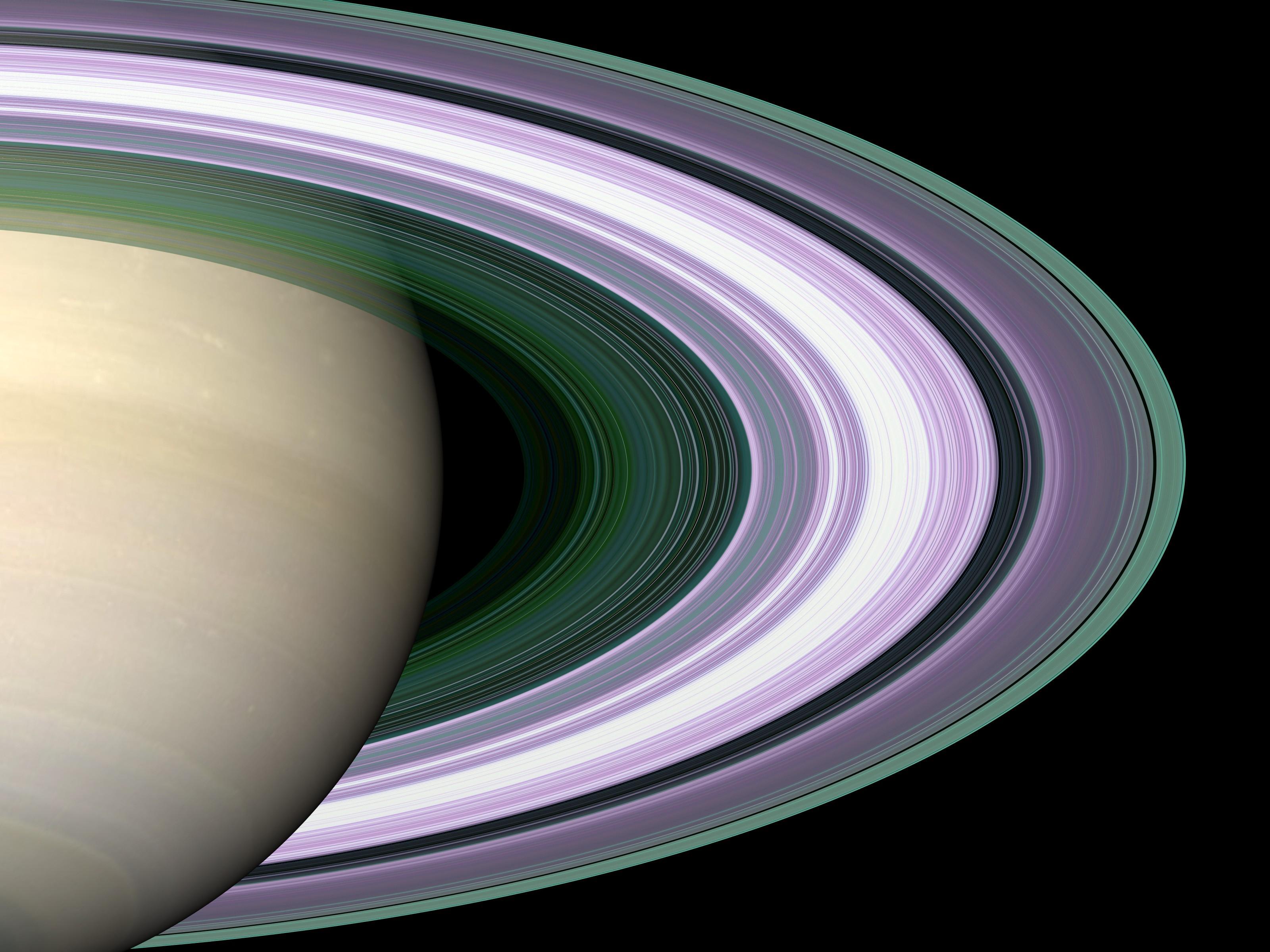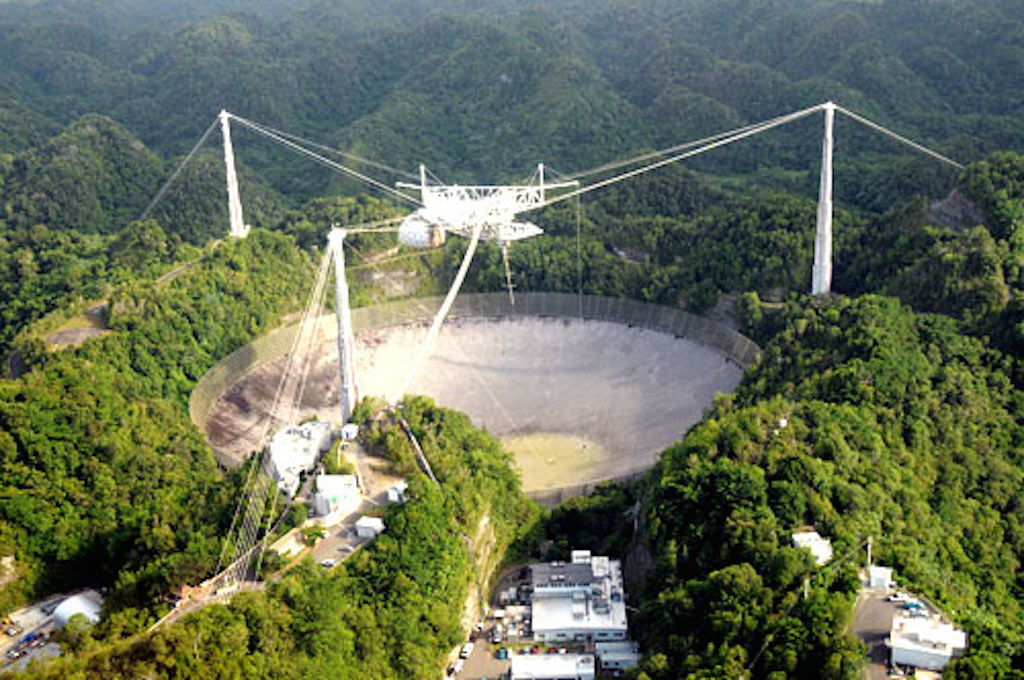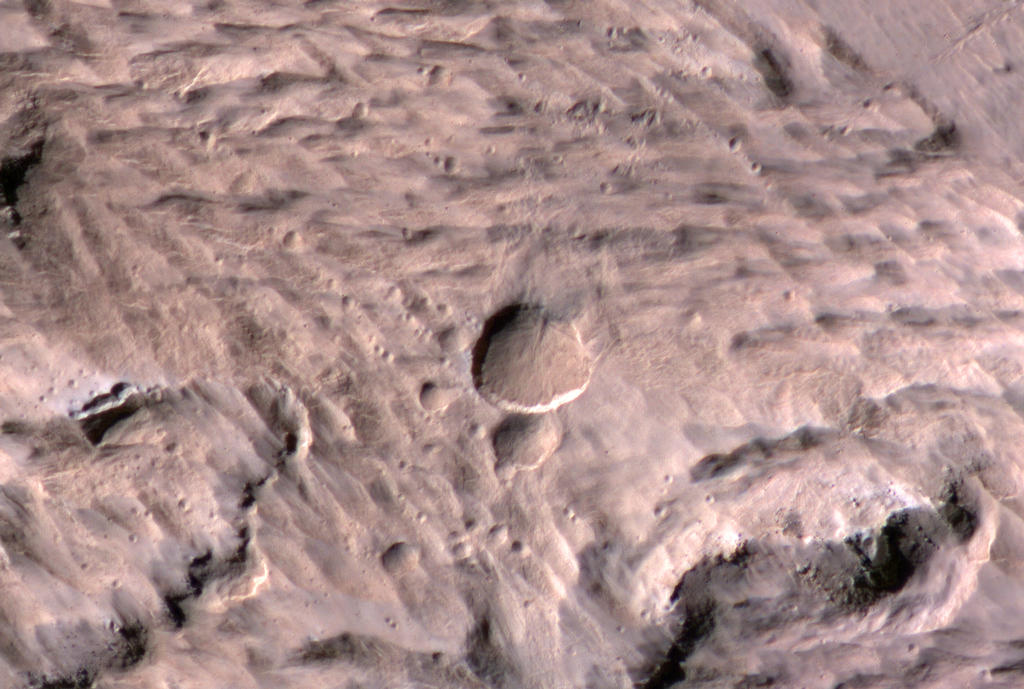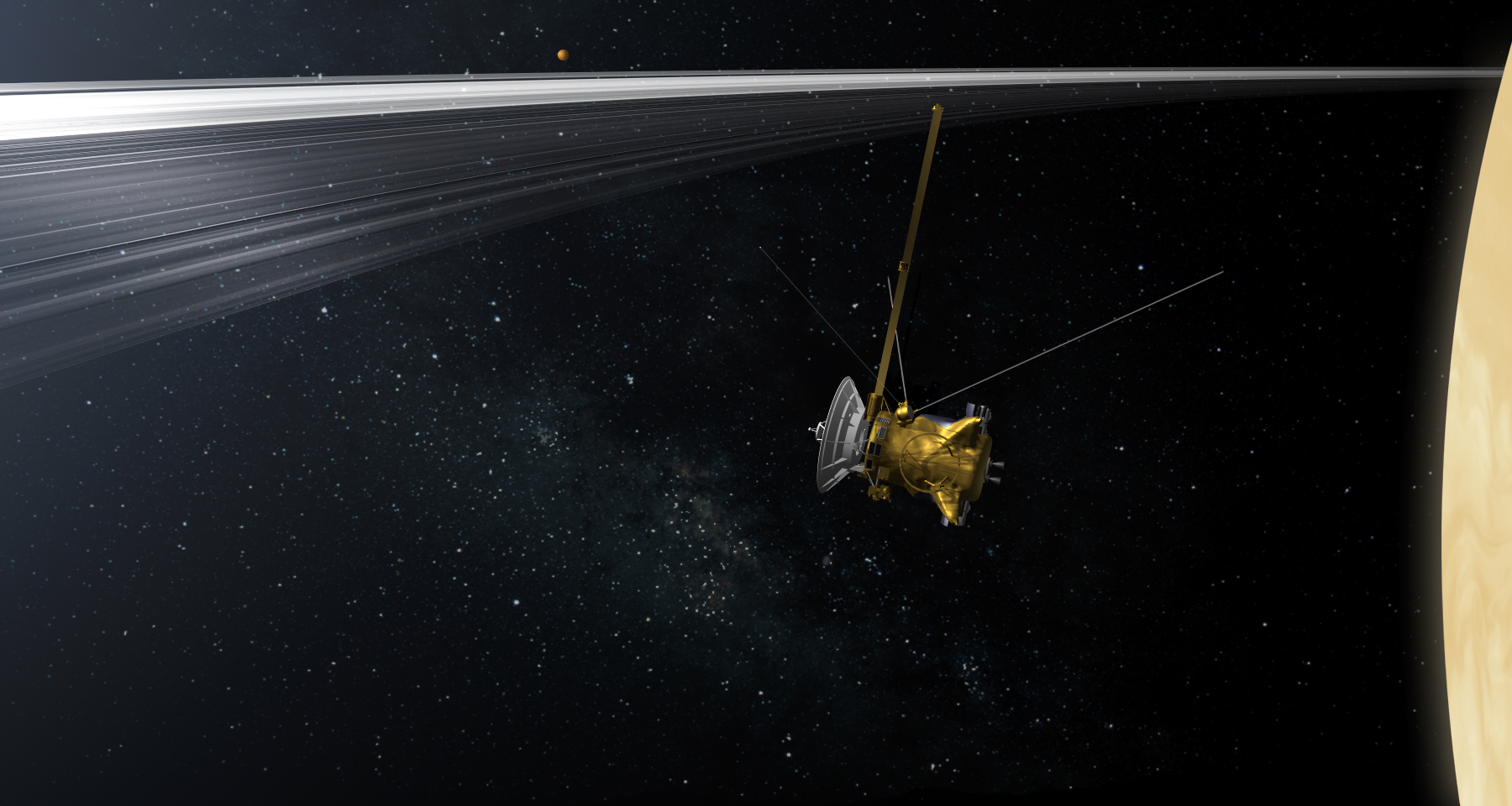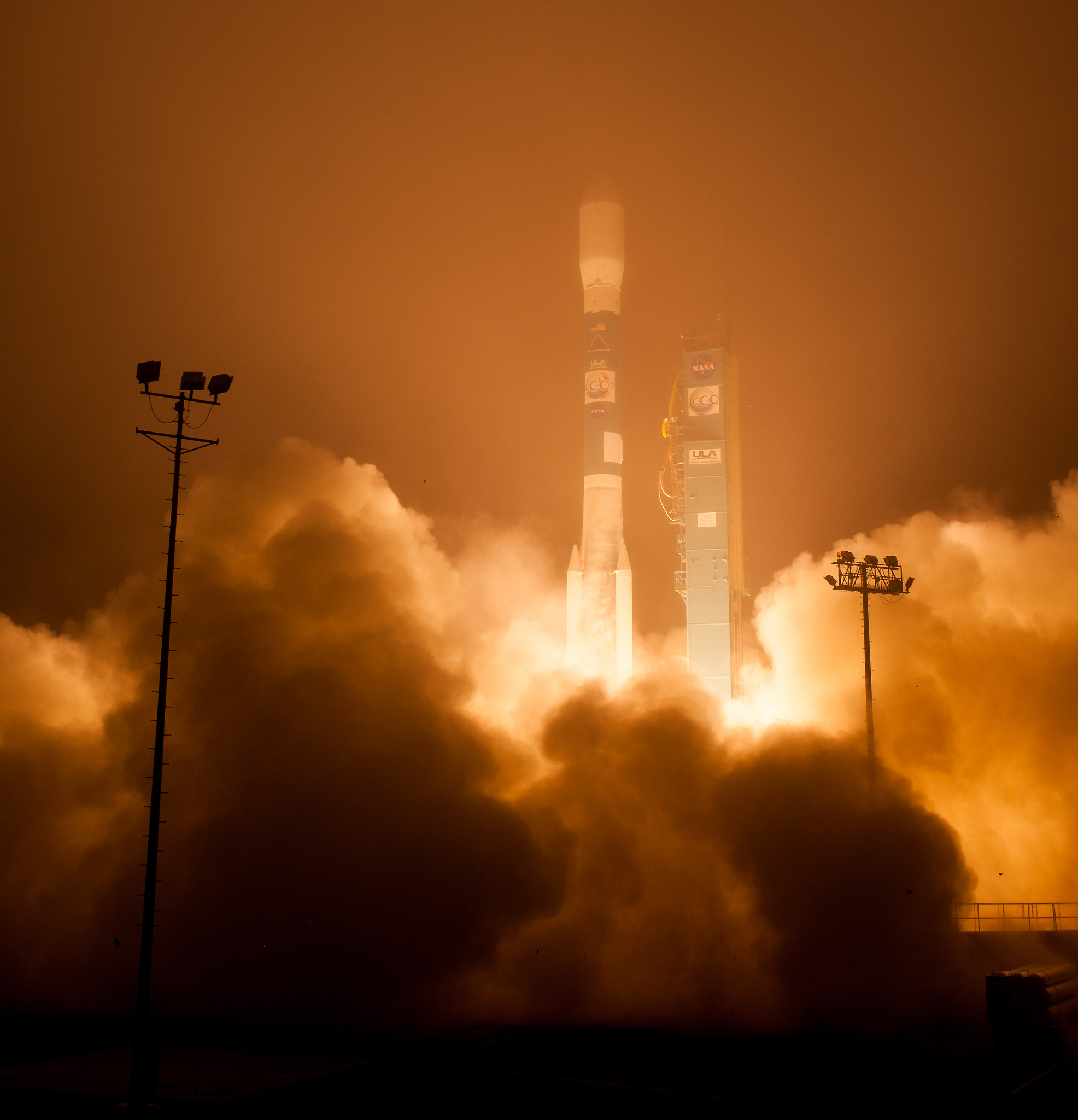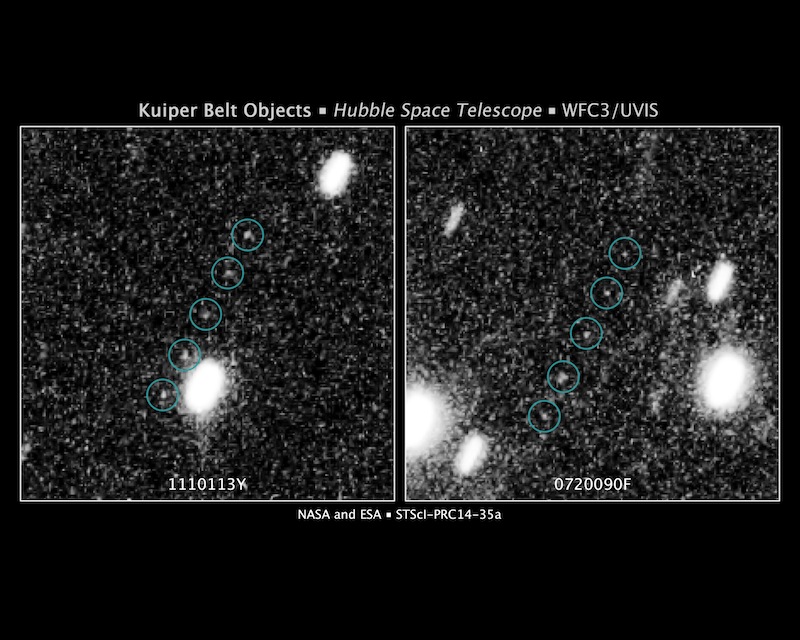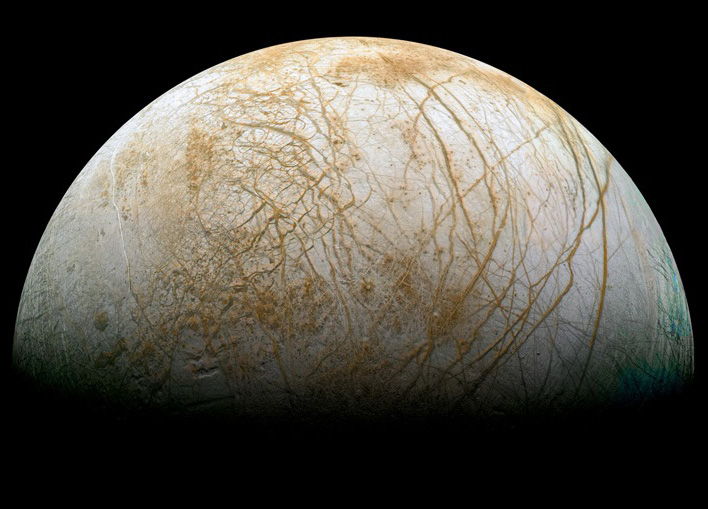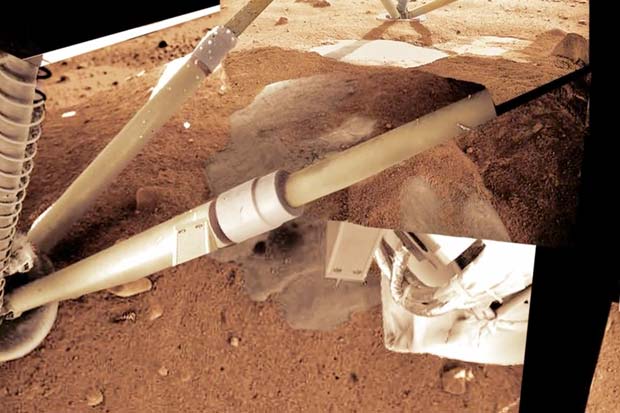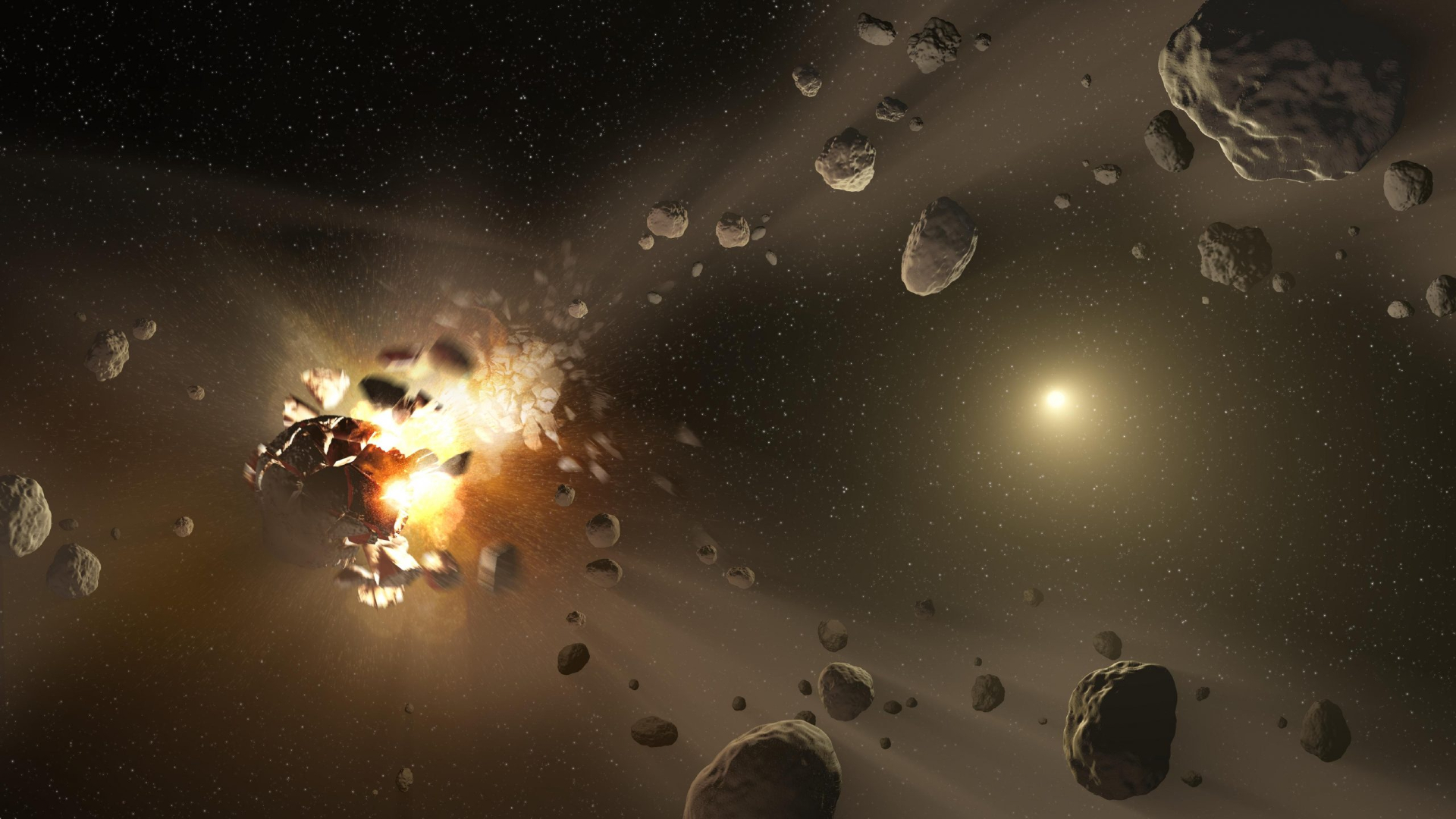Vote Now! Best Space Stories of the Week – July 6, 2014
Cosmic Crumbs, Odd Exoplanet & More
Last week scientists identified a newly found alien world that only orbits one of the stars in a binary system, the feeding habits of a cosmic cannibal were studied to learn how galaxies grow, Cassini probe celebrated 10 years at Saturn and more. See the best stories from last week here.
FIRST STOP: NASA Launches 'Flying Saucer' to Test Mars Landing Tech (Video)
NASA Launches 'Flying Saucer' to Test Mars Landing Tech (Video)
NASA launched its Low-Density Supersonic Decelerator test vehicle today from Hawaii, seeing how equipment designed to slow the descent of spacecraft through the Red Planet's atmosphere performs at high speeds in Mars-like conditions.
[Full Story]
NEXT: Cassini Probe Celebrates 10 Years at Saturn Today
Cassini Probe Celebrates 10 Years at Saturn Today
A spacecraft exploring Saturn and its many moons has been roaming the ringed wonder’s system for 10 years today.
[Full Story]
NEXT: Eavedropping on ET: Two New Programs Launching to Listen for Aliens
Eavedropping on ET: Two New Programs Launching to Listen for Aliens
The Search for Extraterrestrial Intelligence announced two ways of looking for signals from intelligent life in the galaxy. One searches for signals in a multitude of wavelengths, while the other hopes to pick up messages between planets in a single system.
[Full Story]
NEXT: Why Alien Life Hunt Should Focus on Impact Craters
Breaking space news, the latest updates on rocket launches, skywatching events and more!
Why Alien Life Hunt Should Focus on Impact Craters
Cosmic impacts can create novel habitats where life can flourish and preserve the remains of pre-existing life for millions of years, new research suggests.
[Full Story]
NEXT: NASA Saturn Probe Will End Mission in Epic 'Grand Finale'
NASA Saturn Probe Will End Mission in Epic 'Grand Finale'
NASA has chosen a name for the dramatic final phase of its Saturn-studying Cassini mission, with a little help from the public.
[Full Story]
NEXT: Cosmic Crumbs Reveal Umbrella Galaxy's Eating Habits
Cosmic Crumbs Reveal Umbrella Galaxy's Eating Habits
Astronomers are studying the feeding habits of a cosmic cannibal to learn how galaxies grow. The Umbrella Galaxy is surrounded by "crumbs" left over from eating a smaller galaxy.
[Full Story]
NEXT: NASA Launches Satellite to Monitor Carbon Dioxide
NASA Launches Satellite to Monitor Carbon Dioxide
NASA launched the OCO-2 spacecraft today at 5:56 a.m. EDT, kicking off a new round of Earth-observing and data collection to understand the planet’s changing climate more fully.
[Full Story]
NEXT: Hubble Telescope to Hunt for NASA Probe's Next Stop After Pluto
Hubble Telescope to Hunt for NASA Probe's Next Stop After Pluto
Scientists are using the powerful Hubble Space Telescope to figure out where to send NASA's Pluto-bound New Horizons probe next — and they've already found some promising leads.
[Full Story]
NEXT: Radio Signals from Jupiter Could Aid Search for Alien Life
Radio Signals from Jupiter Could Aid Search for Alien Life
Powerful radio signals that Jupiter generates could be used to help researchers scan its giant moons for oceans that could be home to extraterrestrial life, according to a recent study submitted to the journal Icarus.
[Full Story]
NEXT: Salt on Mars May Turn Ice into Liquid Water (Video)
Salt on Mars May Turn Ice into Liquid Water (Video)
It may seem impossible that water could flow on the frigid surface of Mars, but a new study in a simulated Red Planet environment shows that a type of salt there may melt the ice it touches.
[Full Story]
NEXT: Earth Is Farthest from the Sun for 2014 Today

Space.com is the premier source of space exploration, innovation and astronomy news, chronicling (and celebrating) humanity's ongoing expansion across the final frontier. Originally founded in 1999, Space.com is, and always has been, the passion of writers and editors who are space fans and also trained journalists. Our current news team consists of Editor-in-Chief Tariq Malik; Editor Hanneke Weitering, Senior Space Writer Mike Wall; Senior Writer Meghan Bartels; Senior Writer Chelsea Gohd, Senior Writer Tereza Pultarova and Staff Writer Alexander Cox, focusing on e-commerce. Senior Producer Steve Spaleta oversees our space videos, with Diana Whitcroft as our Social Media Editor.
